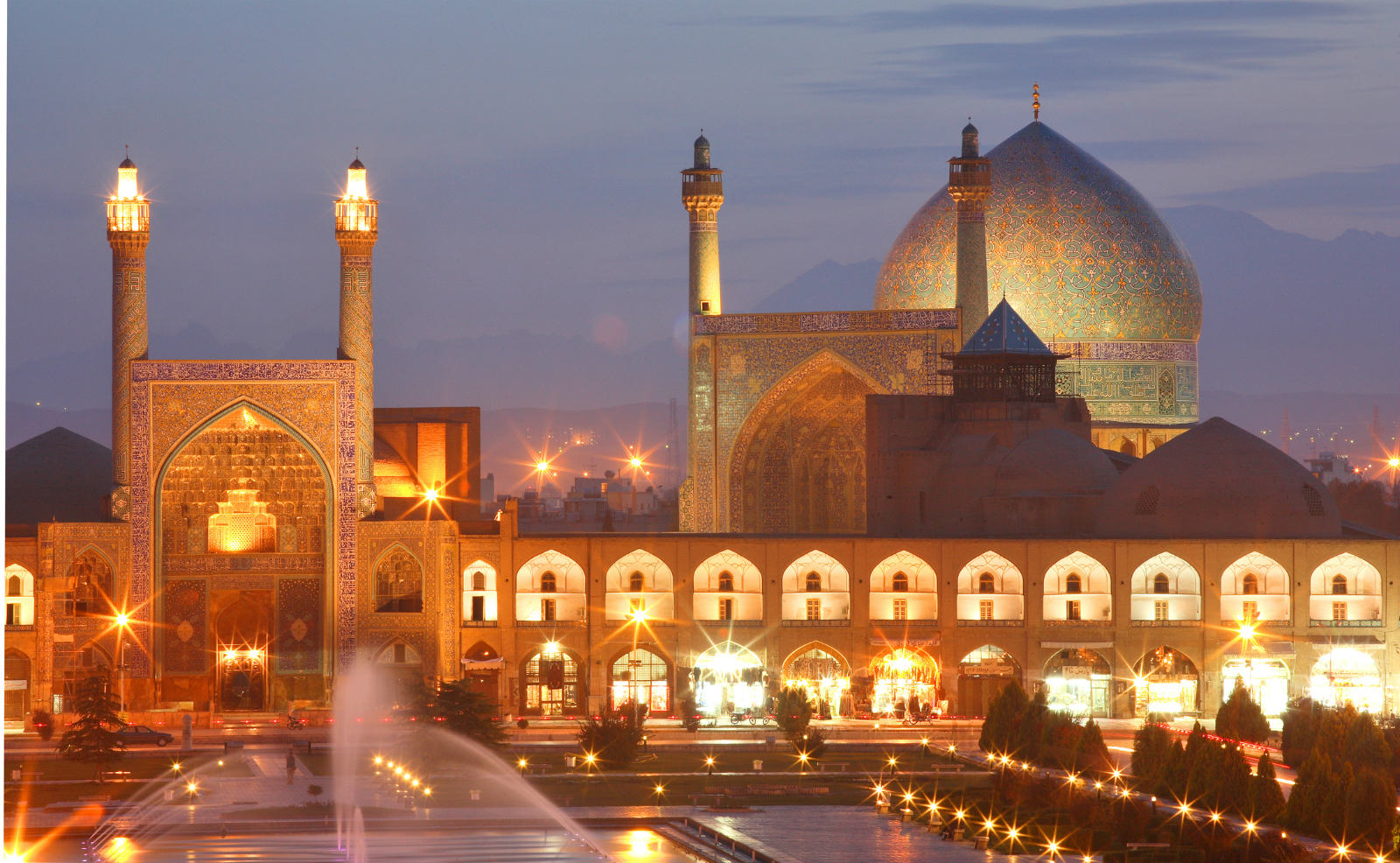Exploring Pakistan: Culture, Challenges, and Geopolitical Role

Introduction
Pakistan, a country situated in South Asia, has a rich and diverse cultural heritage, making it a significant player both regionally and globally. As it continues to navigate complex political, economic, and environmental challenges, understanding the current dynamics of Pakistan is essential for appreciating its impact on global affairs.
Current Events and Relevance
In recent months, Pakistan has been grappling with a multitude of issues including economic instability, political unrest, and rising tensions with neighbouring countries. The inflation rate soared to 27% in September 2023, posing severe challenges for the average citizen and sparking widespread protests demanding economic reforms. According to the Pakistan Bureau of Statistics, the cost of essential goods has escalated significantly, leading to widespread public discontent.
Political Landscape
The political climate in Pakistan remains fraught with uncertainty. Following the ousting of former Prime Minister Imran Khan, the ruling coalition has faced criticism over its handling of economic policies and governance. The political situation has culminated in calls for elections, originally scheduled for late 2023, now expected to face delays amid ongoing negotiations among various political factions.
Geopolitical Considerations
Geopolitically, Pakistan holds a crucial position, adjacent to India, China, and Afghanistan. The strategic relationship with China, exemplified by the China-Pakistan Economic Corridor (CPEC), continues to play a pivotal role in Pakistan’s economic planning. Recent developments in US-Pakistan relations have also garnered attention, as Islamabad seeks to recalibrate its foreign policy amidst shifting global alliances.
Climate and Environmental Issues
Environmental concerns in Pakistan are increasingly critical. Following the catastrophic floods of 2022, which displaced millions and caused billions in damages, climate change remains a pressing issue as flooding and temperature extremes threaten agriculture and livelihoods. The government is under pressure to implement sustainable environmental policies, with calls from various sectors to enhance resilience against future disasters.
Conclusion
Pakistan’s journey is marked by a blend of rich cultural heritage and significant challenges. As the country faces urgent economic reforms and navigates a complex political landscape, its future trajectory will be vital not only for its citizens but also for regional stability and international relations. Observers expect upcoming political developments and economic strategies to shape Pakistan’s role on the global stage significantly. Understanding these dynamics will be crucial for any stakeholders involved in South Asian geopolitics.
You may also like

Exploring East Grinstead: History and Attractions

Key Developments and Current Events in Iran

Exploring the Historic City of York: A Cultural Gem
SEARCH
LAST NEWS
- Remembering Wendy Richard: The Promise to Co-Star Natalie Cassidy
- How Did Anglian Water Achieve an ‘Essentials’ Rating for Mental Health Accessibility?
- Shai Hope Leads West Indies in T20 World Cup Clash Against South Africa
- What We Know About Weston McKennie: Future at Juventus and Past at Leeds
- What We Know About the Upcoming Live Nation Antitrust Trial